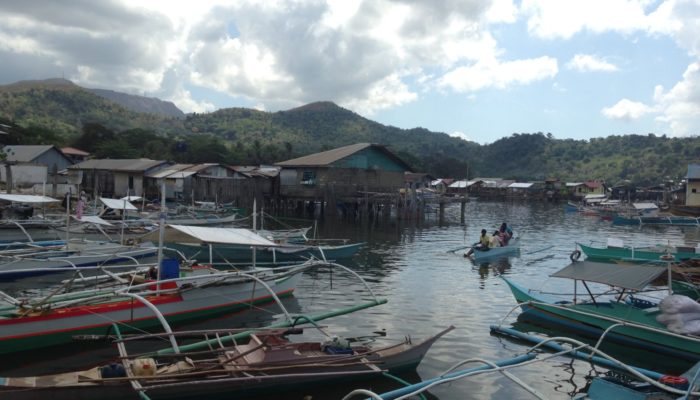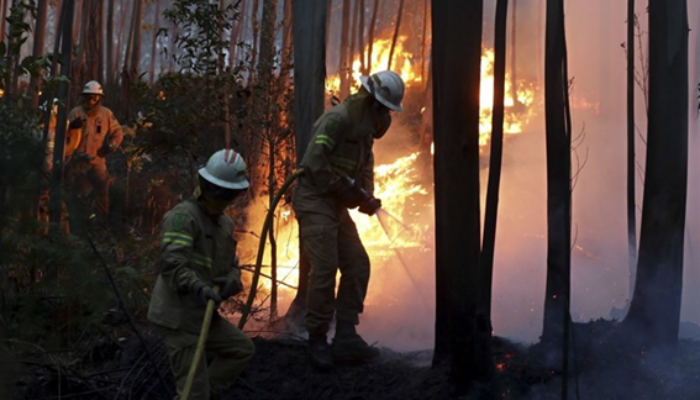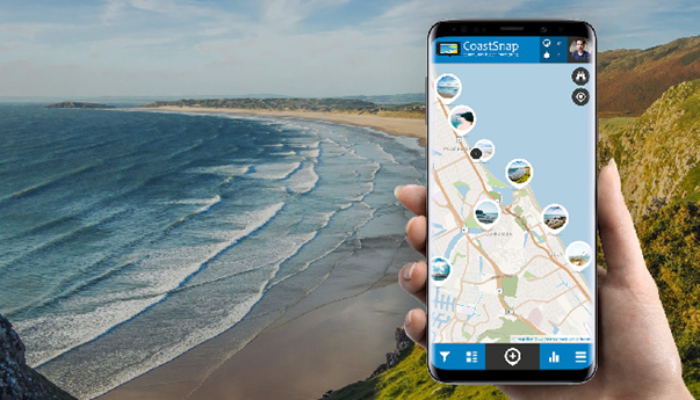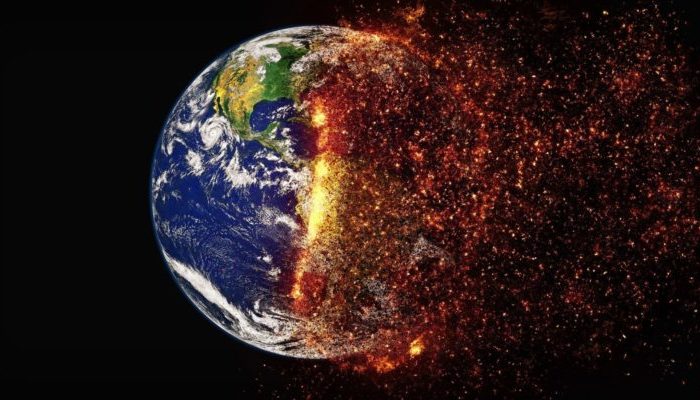In the last decades, the strength of climate change has been evident across the globe in many weather and climate extremes occurrences, including heatwaves and droughts. Those events are involved in all fire stages and influence all aspects of the fire regime [1]. Climate change is driving unprecedented wildfire in the Mediterranean region The Mediterranean region is a climate change hots ...[Read More]
Discovering the CoastSnap project – Interview with Dr Mitchell Harley
CoastSnap is a global citizen science project aiming at monitoring the changes in our coastlines due to processes such as storms, rising sea levels, and human activities using smartphones. We will discover more about this promising project by chatting today with Dr Mitchell Harley, founder of the CoastSnap program. Mitchell is a Researcher and Senior Lecturer in the School of Civil and Environment ...[Read More]
Reducing housing vulnerability to natural hazards – Interview with Dr Eefje Hendriks

The impact of natural hazards on vulnerable communities can be devastating, causing fatalities, damaging houses and livelihoods, and pushing people into poverty. These disasters make them even more vulnerable. A growing line of research identifies actions and tools to reduce vulnerability and make communities more resilient. An interesting and crucial part of this research investigates the role of ...[Read More]
Climate change: let’s talk about adaptive capacity
The ancient Greek philosopher Heraclitus once said, “there is nothing permanent except change”. We are living in an epoch where constant change is the new normal. Unquestionably, climate change is one of the most significant challenges of our time. How can we shape our thinking to become more agile to change, and what attributes do organisations and societies need to increase their cap ...[Read More]



